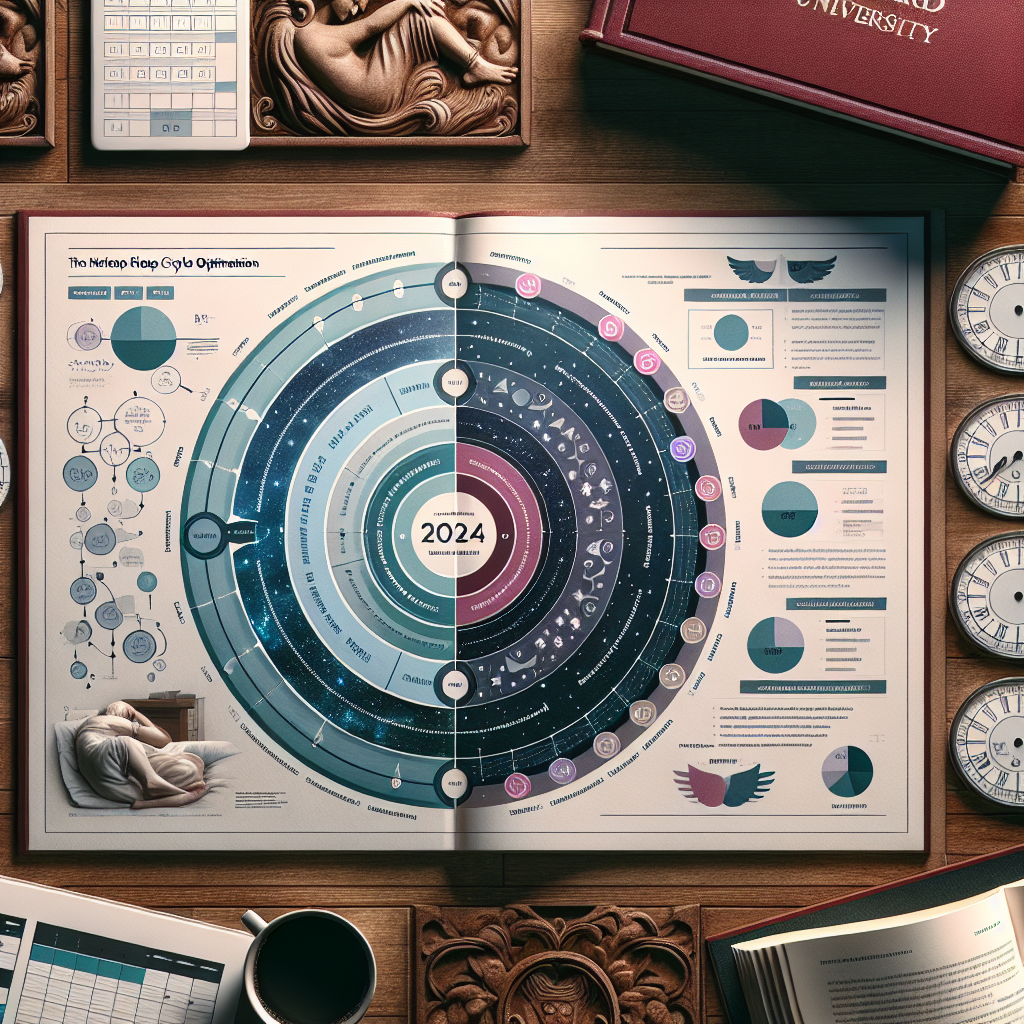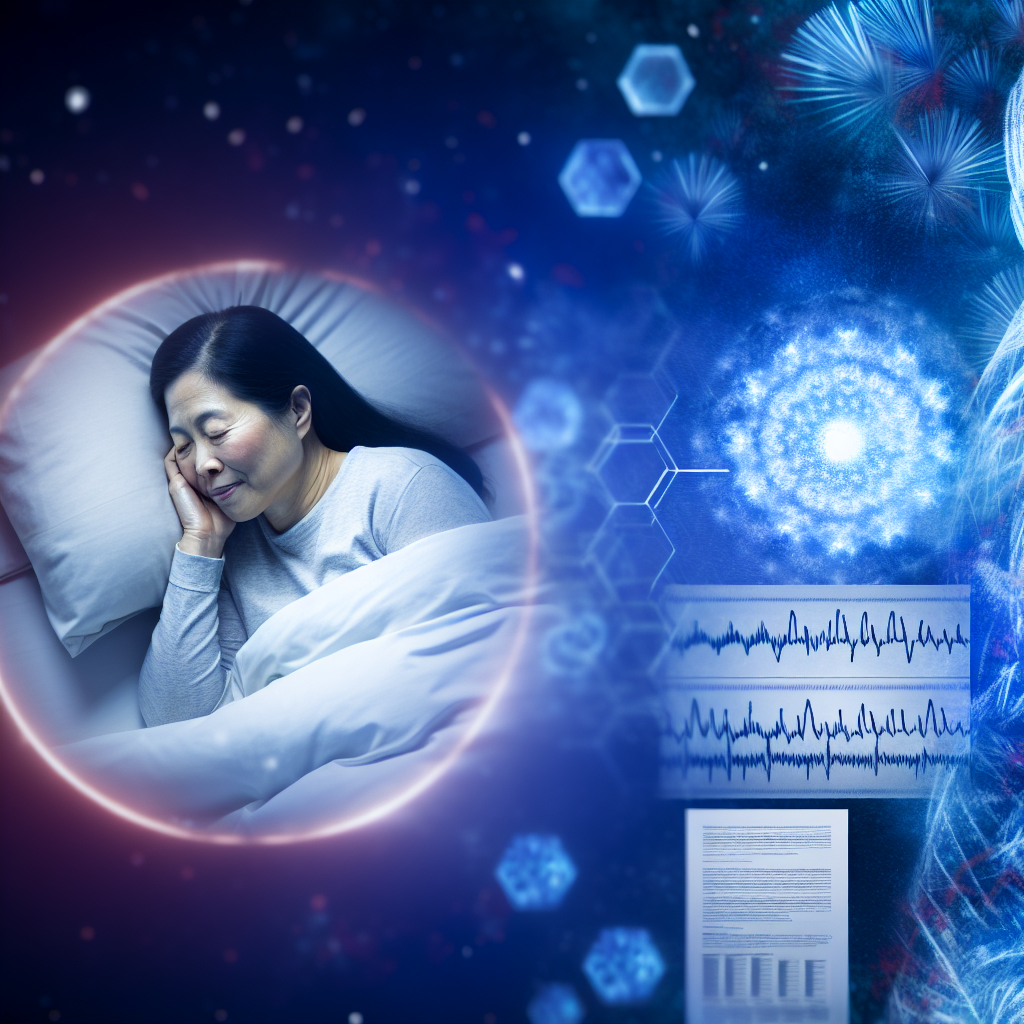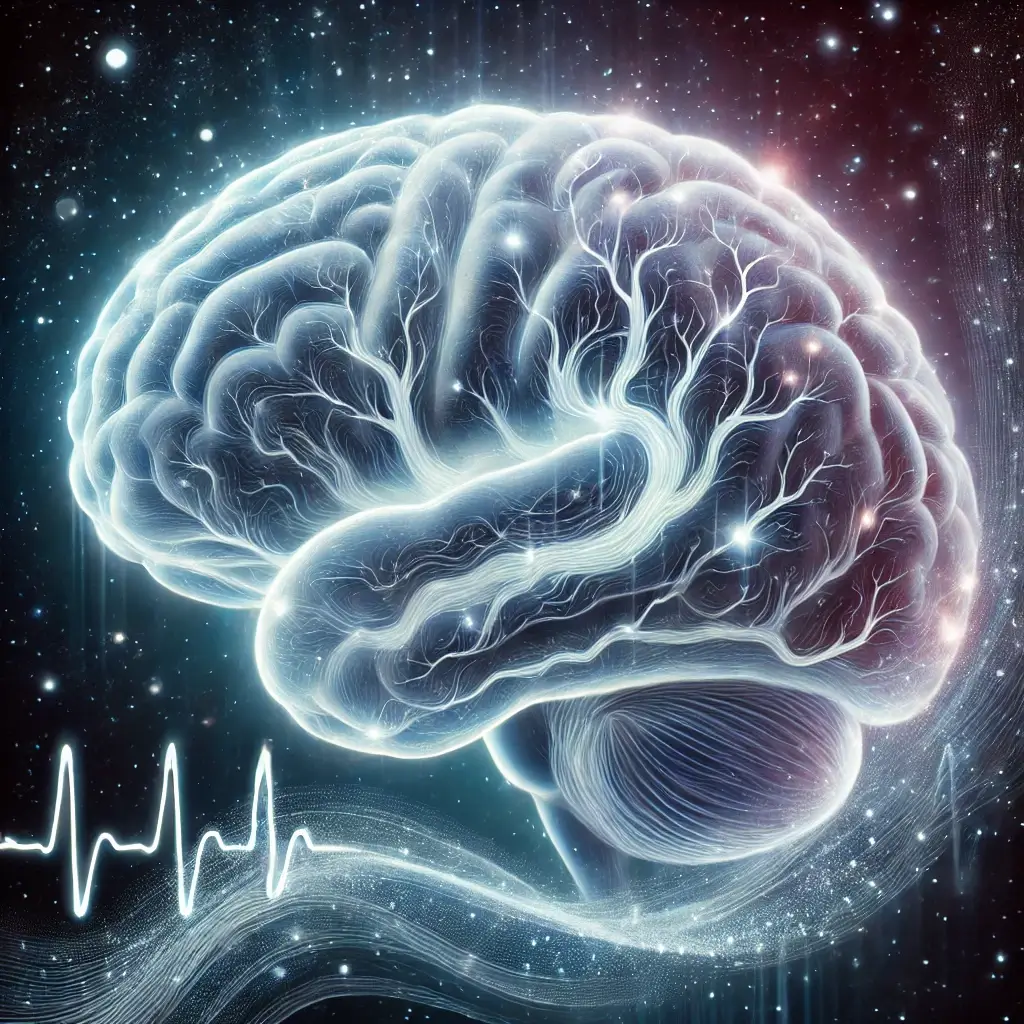Sleep Cycle Optimization: Harvard Sleep Study Findings 2024
Introduction
In today’s fast-paced world, restful and restorative sleep has become an often-overlooked cornerstone of health and well-being. The Harvard Sleep Study 2024 expands our understanding of sleep cycles, offering insights into biological markers, daily habits, and external factors that can improve sleep quality at every age.
Understanding Sleep Cycles: The Science Behind Restorative Sleep
The science of sleep cycles revolves around the body’s natural progression through light sleep, deep sleep, and REM sleep. Achieving smooth transitions through multiple sleep cycles each night can transform energy levels, enhance mental clarity, and promote overall health.
Circadian Rhythms: Aligning Your Internal Clock for Better Sleep
The study found that maintaining circadian rhythm alignment is crucial for optimizing sleep cycles, with consistent sleep schedules leading to higher sleep efficiency and increased daytime alertness.
Deep Sleep vs. REM Sleep: Why Both Are Vital
The study identified deep sleep as critical for physical repair and immune function, while REM sleep was found to be pivotal for emotional resilience and problem-solving.
Transform Your Pre-Sleep Routine: Small Changes, Big Impacts
The study emphasized evidence-based strategies for enhancing sleep hygiene, including reducing caffeine intake, practicing mindfulness techniques, and limiting screen time before bed.
Setting the Mood: The Role of Temperature and Lighting
The study found that temperature and lighting play a crucial role in optimizing sleep, with optimal sleep temperatures ranging from 60 to 67 degrees Fahrenheit and the use of dim, warm lighting during evening hours.
Your Unique Sleep Blueprint: The Influence of Genetics
The study highlighted the role of genetic predispositions in sleep optimization, with certain gene variants influencing whether someone is a “night owl” or a “morning lark”.
Move Better, Sleep Better: The Link Between Exercise and Restorative Sleep
The research found that moderate-intensity exercise performed earlier in the day can deepen NREM sleep, while high-intensity workouts close to bedtime may disrupt sleep cycles.
Conclusion: Invest in Your Sleep, Transform Your Health
The Harvard Sleep Study 2024 provides evidence-based strategies to revolutionize how we rest and thrive, highlighting the importance of optimizing sleep cycles for better health at any age.
Summary
The Harvard Sleep Study 2024 offers insights into the science of sleep cycles, the role of circadian rhythms, the importance of both deep sleep and REM sleep, and the impact of pre-sleep routines, environmental factors, genetics, and exercise on sleep quality. The study provides evidence-based strategies to optimize sleep and unlock transformative outcomes such as increased energy, enhanced resilience, and improved overall well-being.
References
1. [Harvard Division of Sleep Medicine: Circadian Rhythms and Sleep Optimization](https://sleep.hms.harvard.edu/)
2. [National Sleep Foundation: Sleep Hygiene Practices](https://www.sleepfoundation.org/)
3. [CDC: How Sleep Influences Health](https://www.cdc.gov/sleep/index.html)
4. [American Academy of Sleep Medicine: Understanding Sleep Stages](https://aasm.org/)

Dominic E. is a passionate filmmaker navigating the exciting intersection of art and science. By day, he delves into the complexities of the human body as a full-time medical writer, meticulously translating intricate medical concepts into accessible and engaging narratives. By night, he explores the boundless realm of cinematic storytelling, crafting narratives that evoke emotion and challenge perspectives.
Film Student and Full-time Medical Writer for ContentVendor.com




